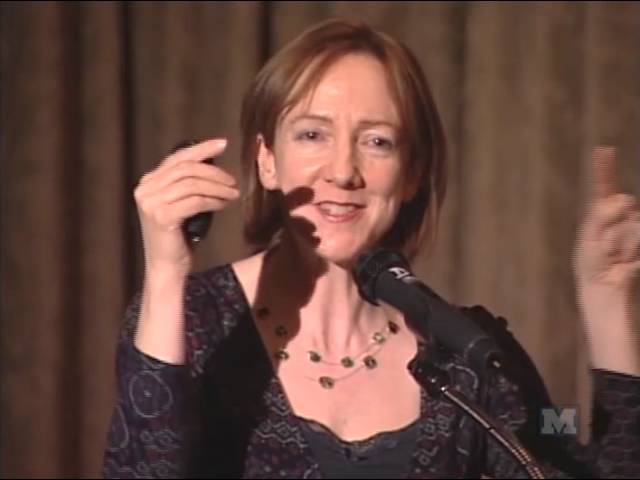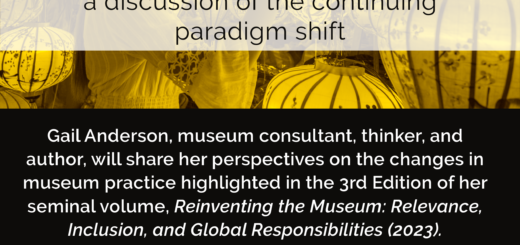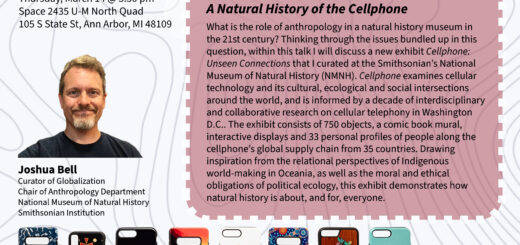Difficult Heritage

Sharon Macdonald, Professor of Social Anthropology, University of Manchester, England
How does a city and a nation deal with a legacy of perpetrating atrocity? How are contemporary identities negotiated and shaped in the face of concrete reminders of such a past? What are the difficulties for those involved in public history of representing difficult heritage?
In this lecture, Sharon Macdonald explores these questions with particular reference to Germany and especially to Nuremberg ““ a city whose name is indelibly linked with Nazism. She examines how Nuremberg has negotiated its Nazi past, and especially its Nazi architectural heritage, post-1945. This includes examining the fate of the site of the Nuremberg rallies, a vast staging ground with colossal Fascist architectural remains. Some of these grounds have since been grassed over and turned into football pitches or parkland, some of the buildings have been destroyed or damaged, and others have been re-used, including for an exhibition entitled Fascination and Terror. Today, the site is used variously for such mixed activities as tours and visits about the Nazi past, for sport, for rock concerts and for walking dogs. The lecture will draw on Sharon Macdonald’s extensive historical and ethnographic research (set out in more detail in Sharon Macdonald 2009 Difficult Heritage: Negotiating the Nazi Past in Nuremberg and Beyond, London: Routledge), which includes interviews with visitors and history workers, to tell some of the fascinating story about how this site of difficult heritage evolved and some of the battles and dilemmas along the way. This will include the public history challenge of representing a site that was meant to enchant visitors into the Nazi project without risking repeating those enchanting effects, the dilemma over whether to restore or to let the site fall into possibly glamorous ruin, and the question of whether a “˜poisonous’ past is best addressed through ignoring, countering with nature or addressing explicitly. By looking at the experience and various arguments in the Nuremberg case, Sharon Macdonald will also raise wider questions about what is involved in negotiating unsettling pasts and how this might best be done.
The 2009 Whitesell Lecture is sponsored by the The Bentley Historical Library and the Museum Studies Program at the University of Michigan.
Reimagining Culture: Histories, Identities and the Gaelic Renaissance (Berg, 1997). Prof. Macdonald has undertaken extensive and varied research on museums and heritage, including on the exhibition of science and technology (The Politics of Display: Museums, Science, Culture, ed. Routledge, 1998; Behind the Scenes at the Science Museum, Berg, 2002), on wider questions of theory and especially experimental exhibitionary practice (e.g. A Companion to Museum Studies, ed. Blackwell, 2006; Exhibition Experiments, co-ed. Blackwell, 2007) and most recently in Germany (Difficult Heritage: Negotiating the Past in Nuremberg and Beyond, Routledge, forthcoming). Prof. Macdonald’s research and teaching focuses on the politics, construction, and appropriation of identity and heritage.


